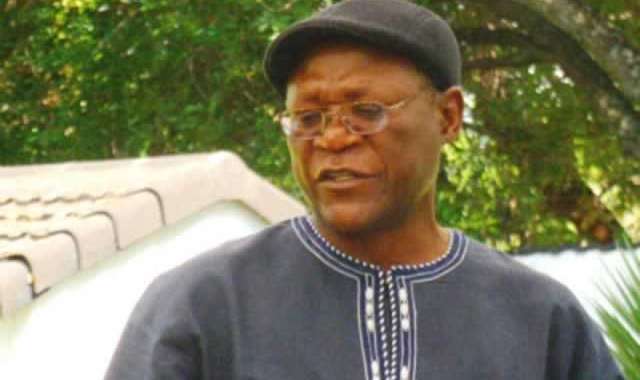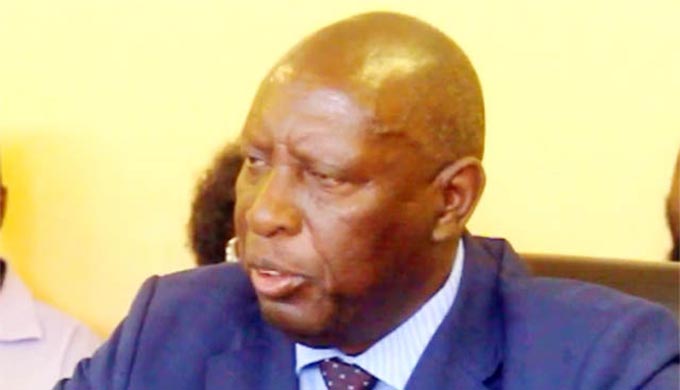Young writers should engage their elders

Beaven Tapureta Bookshelf
Sometime last year, one of the most cited and celebrated Zimbabwean writers, Professor Musaemura Zimunya shared in a writers’ WhatsApp group a photo of himself enjoying fishing in a river somewhere in his countryside. Bookshelf, like other writers in the group, fell in love with the photo.
Prof Zimunya, by sharing this moment in his old age, somehow showed he is a friend of the fish and now exploring a different world away from the hullabaloo of the city, almost like Ernest Hemmingway’s the old man in “The Old Man and The Sea” (1952).
A great fisherman, Prof Zimunya currently holds a post-retirement job at a local university but goes out fishing for days with friends in Kariba.
Bookshelf really had wanted to hear more from Prof Zimunya about his hobbies or if he has any work in progress and much more, now that he is old. Only that the communication was disrupted by forces beyond control.
Writers in their old age take to different sports or hobbies but interesting it would be to hear them talk about their memories, experiences and more importantly about what they are doing in their old age now. It is deeply inspirational to “sit around a fire” and hear Prof Zimunya describe for the young writers, for instance, a fight involving him and one of his brothers or sisters in their childhood! Or hear his laughter echoing loud as he talks about one of his ‘rebel’ grandchild! Simple things like these leave interesting and unusual writerly inspiration.
Prof Zimunya has always been credited for mentoring writers in their early stages of developing like Albert Nyathi who is now a celebrated poet, Robert Muponde, and former education minister Lazarus Dokora.
In fact, soon after independence, with M Kadhani, he assisted in identifying new writing talent and co-edited the 1981 poetry anthology “And Now The Poets Speak” (Mambo Press) which was inspired by the armed struggle for Zimbabwe. How are the young writers of today making use of seasoned writers like Prof Zimunya?
When Chenjerai Hove died in July 2015, one of the worries were that Zimbabwe was and is gradually losing the literary elite which emerged in the turbulent times of the struggle for independence to trail-blaze a new writing consciousness which today has grown unmistakably broader.
At the funeral parlour in Harare where Hove’s friends and relatives had gathered to pay their last respects, Professor Musaemura Bonas Zimunya, who belongs to this group, told Bookshelf then, that, “Nhamo inemi vanyori vechidiki (the challenge is with you budding writers) when the elders depart”.
Prof Zimunya, who had a successful career in the academia and literary field, is part of this generation which he was referring to.
His words echo today. Put simply, the 69-year-old academic, poet and essayist, invoked the question Bookshelf had been constantly asking: is the country or are young writers making enough use of our living gallant writers?
When the elders depart we lose so much if we do not make use of their rich fund of knowledge and experience in the literary sector. The elderly writers such as Dr TK Tsodzo and others are retreating to their rural homes or to ‘somewhere in this country’ or world, and retiring into silence only to become visible at annual writers’ gatherings like the ZIBF and writers’ workshops.
Yet, not so much “use” has been made of them. Not a single writing competition is named after one of them. Not a school. Not a building. What’s more, imagine walking down a street named after Prof Zimunya or Dr TK Tsodzo while they are still alive!









Comments